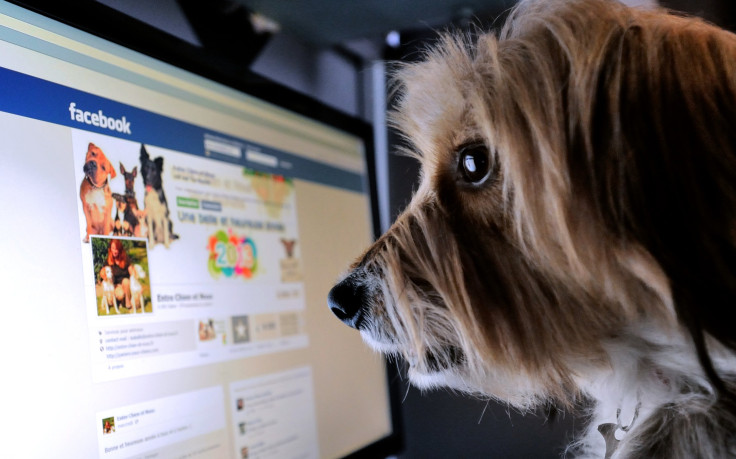Social Media Is Not Immune To The 'Friendship Paradox,' Which Says Your Friends Have More Friends Than You Do

We hate to break it to you, but you’re probably less popular than your Facebook friends. And your Twitter followers. And pretty much everyone you know on social media. You probably have fewer friends, get less likes, and go far more unnoticed than those you follow. But that’s ok, because everyone else does too. At least, that’s what researchers from McGill University have found in their newest research, published in PLOS ONE.
"Most people tend to think that they are better than their friends when it comes to intelligence, memory, popularity, and other personal traits," said Naghmeh Momeni Taramsari, a PhD student at McGill who led the study, in a press release. "However, a recent study by other researchers shows that this perception is false.”
According to Taramsari, researchers have found that, on average, our friends have more friends than we do. They’re also usually more active and more influential in their friend groups than we are, a dynamic that is known as the Generalized Friendship Paradox.
The “Friendship Paradox” was first discovered in 1991 by a sociologist named Scott Feld, who observed that most people have fewer friends than their friends have. Then, over the years, researchers began to witness that this paradox was associated with more than just one’s number of friends. Most often, people’s friends were also more prominent and successful than themselves, which led to the creation of the “Generalized Friendship Paradox.”
Now, Taramsari and her colleagues at McGill have discovered just how common the Generalized Friendship Paradox is in social media networks as well. By analyzing tweets and the social networks of users who wrote them, the researchers found that almost everyone on social media — up to 90 percent of users — experience the Generalized Friendship Paradox. Even people who were extremely active on social media and exerted a lot of influence on their network were, usually, still inferior in popularity to their friends.
The researchers explained this phenomenon occurs due to the inherently hierarchical nature of social media networks. People mostly “follow up” — they follow people who have more friends and influence than themselves — or “follow across,” meaning they follow people with the same amount of friends and influence. According to the researchers, it is very rare for social media users to “follow down.”
“Social networks do not simply comprise a few ultra-popular people with tens of millions of followers, followed by the masses, and who themselves only follow a few others," said senior author and McGill Professor Michael Rabbat. "Rather, Twitter is hierarchical in the following sense: those who have millions of connections mostly follow others with [millions of] connections. Those with thousands of connections mostly follow others with thousands or millions of connections. Those with a few connections follows others with few, thousands, or millions of connections. Apparently, it's just the way we're connected."
The findings could help combat the negative effects of social media use. In the past, research has shown that excessively using social media could contribute to eating disorders and body image concerns, as well as failed relationships and marriages. If the social anxiety we get from social media comes from the perception that our friends are better than us, then changing how we shape our social networks could be a solution.
Source: Momeni N, Rabbat M. Qualities and Inequalities in Online Social Networks through the Lens of the Generalized Friendship Paradox. PLOS One. 2016.
Published by Medicaldaily.com



























